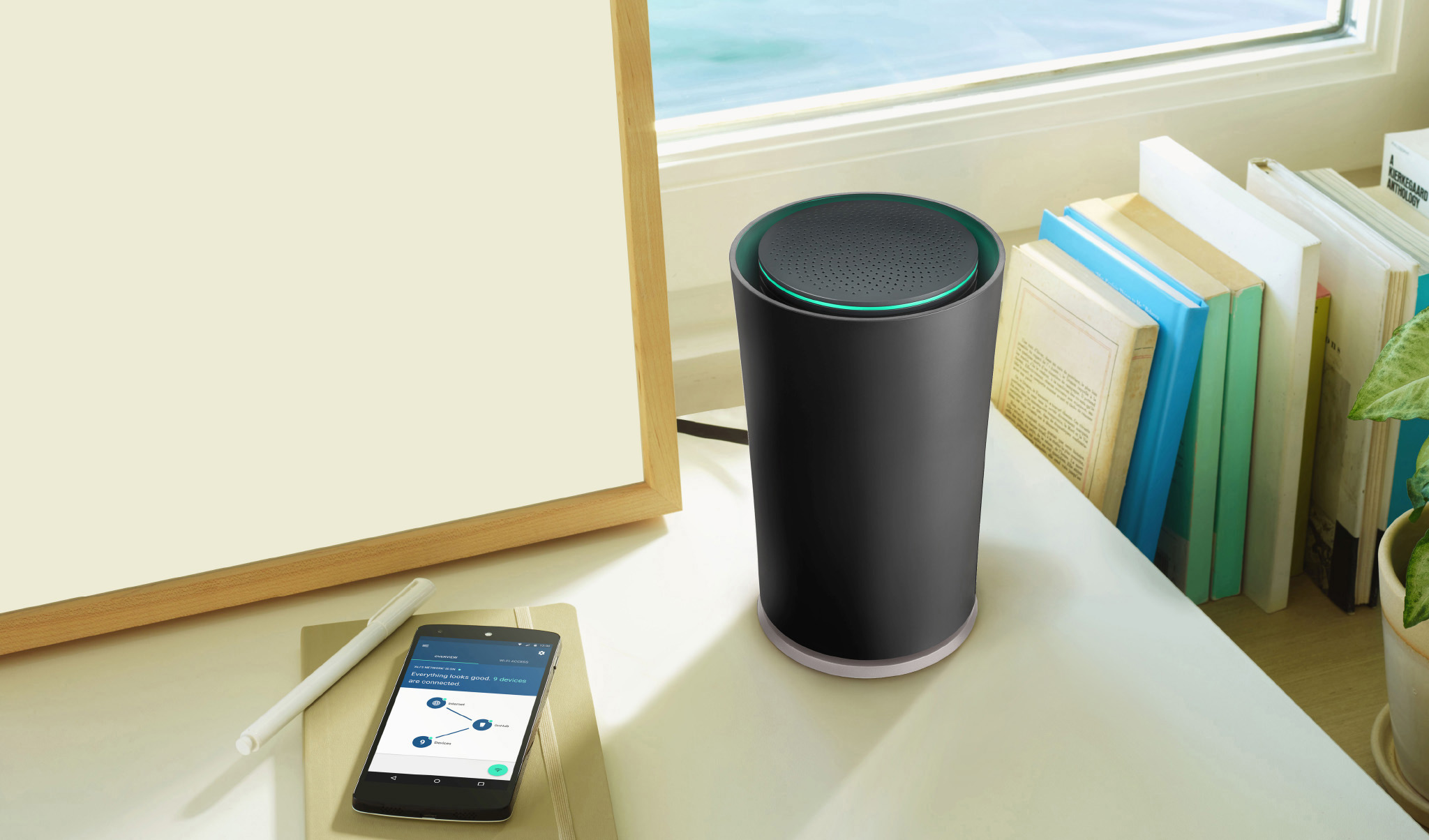Google will kill OnHub routers next year — what you need to do
OnHub is being turned off after a too-short working life

If you're using a Google OnHub router, bad news: You get to use it for only one more year.
On Dec. 19, 2022, Google said in a new blog post, all support for OnHub routers will end. The routers, currently six years old, will still function, but you'll no longer be able to manage them with the Google Home smartphone app. Unfortunately, the app is the only way you can manage an OnHub at all.
"You won't be able to update things like Wi-Fi network settings, add additional Wifi devices, or run speed tests," said the blog post. "Google Assistant features like 'Hey Google, pause my Wi-Fi' will stop working. OnHub performance can't be guaranteed."
As for whether or not you'll get any more firmware or security updates, Google was vague, stating only that those would end "before December 19, 2022." That could mean tomorrow, or it could mean that OnHubs will get several more months of updates.
So you could keep using your OnHub, but we wouldn't recommend doing so. Instead, Google recommends that "you upgrade to a new Wi-Fi setup today."
Discount offer on Nest Wifi devices
To that end, the company will send all OnHub owners an email with a link that offers a 40% discount on its current Nest Wifi mesh systems. In theory, this means a Nest router and two mesh "points," which normally retail for $350, would cost only $210.That's about the same price as an OnHub router back when it first came out in 2015. The offer is good through March 31, 2022.
In addition, you can trade in your old Google OnHub router to Amazon, shipping paid by Amazon, and you'll get 20% off a new Eero mesh-router system. You'll also get an Amazon gift card equal to the appraised value of your device.
Sign up to get the BEST of Tom's Guide direct to your inbox.
Get instant access to breaking news, the hottest reviews, great deals and helpful tips.
There are, in fact, two OnHub models: one made by TP-Link, the other by Asus. The first came out in August 2015 and cost $200; the second launched in October of that same year and retailed for $220. Their innards were identical and made to Google's specs, but the Google's own Wifi mesh-router system superseded the OnHubs in late 2016.
Google's intentions with the OnHub were to produce an attractive, easy-to-use, powerful router, and sell it at what was then a premium price. At the time, most home Wi-Fi routers cost between $60 and $120. The TP-Link version even had a series of optional shells, for which you could swap out the original casing.
In our review of the TP-Link version of the Google OnHub, Brian Nadel said it "may represent the future of home networking" but was limited by its narrow configuration choices.
There was only one downstream Ethernet port, for example. There was also no way to interface with the router's admin settings from a PC or Mac and, at the time of release, a USB port that didn't work.
Fortunately, the Google Wifi mesh systems that Google released a year later were backward-compatible with the OnHubs, and the two models could work interchangeably on a single home network.
According to 9to5Google, the OnHubs and Wifis even ended up on the same firmware-update cycle. The Google Home app, which controls a wider range of smart-home devices, gradually replaced the dedicated OnHub app.
OnHub had too short a working life
But still, the OnHub will be only seven years old when Google officially kills it. Routers should have longer working lives than that.
The venerable and dull-looking Netgear Nighthawk R7000, for example, came out in the fall of 2013. But eight years later, it's still in production, sold in stores and updated with new firmware and security updates.
Unlike the OnHub (or the Wifis), you can ignore the smartphone app (in this case, the Nighthawk one) and instead administer the R7000 the old-fashioned way — from a PC or Mac connected by an Ethernet cable.
By comparison, the OnHub's short life shows that sometimes gadgets can get too high-tech for their own good.
Check out our choices for the best Wi-Fi routers, and the best mesh Wi-Fi systems.
Paul Wagenseil is a senior editor at Tom's Guide focused on security and privacy. He has also been a dishwasher, fry cook, long-haul driver, code monkey and video editor. He's been rooting around in the information-security space for more than 15 years at FoxNews.com, SecurityNewsDaily, TechNewsDaily and Tom's Guide, has presented talks at the ShmooCon, DerbyCon and BSides Las Vegas hacker conferences, shown up in random TV news spots and even moderated a panel discussion at the CEDIA home-technology conference. You can follow his rants on Twitter at @snd_wagenseil.

